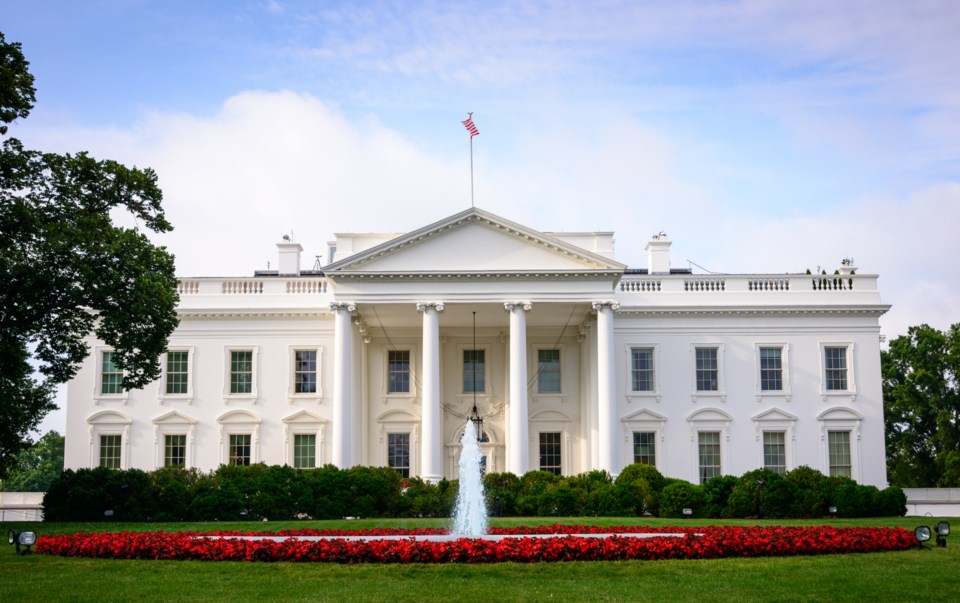The Trump administration's decision to dismantle the U.S. Agency for International Development (USAID) has ignited widespread controversy and left American businesses, farmers, and global aid organizations grappling with uncertainty. This move, justified as a measure to curb wasteful spending, poses a significant threat to billions of dollars in economic activity that has traditionally supported the U.S. economy through USAID’s procurement programs.
Historically, USAID has played a vital role in providing humanitarian aid, food assistance, and health support across more than 100 countries. With an annual budget of approximately $40 billion, the agency facilitated around $2 billion in food aid purchases from American farmers, benefiting many producers in Colorado. However, an executive order from President Trump made on January 20 has frozen foreign aid spending for 90 days, abruptly halting shipments worth over $340 million, including essential Colorado-grown wheat, rice, and soybeans.
The implications for local farmers may be severe. Hundreds of tons of wheat remain stranded in storage facilities, adding pressure on Colorado's agricultural sector. Smaller businesses reliant on USAID contracts, especially in global healthcare, are also facing major disruptions and some stand on the brink of collapse.
The situation escalated when Elon Musk’s Department of Government Efficiency took physical control of the USAID headquarters, locked agency staff out of their computer systems, and effectively shut down operations last week. This unprecedented action resulted in the furloughing of researchers and administrators who manage critical humanitarian efforts. Musk publicly called USAID a “criminal organization,” while Trump described it as “run by radical lunatics.” The administration's plan to merge USAID into the State Department has faced immediate pushback from congressional Democrats, who protested at the agency’s headquarters but were denied entry.
While the White House defends the dissolution as a necessary realignment of taxpayer-funded programs with national interests, critics warn that dismantling USAID undermines U.S. leadership in humanitarian aid, which is crucial for global stability. The appointment of Secretary of State Marco Rubio as acting administrator of the agency suggests an uncertain future for its programs.
USAID has been instrumental in addressing global food security, particularly during crises. The agency’s food aid budget surged during the COVID-19 pandemic and the war in Ukraine, increasing from $10.7 billion in 2020 to $15 billion in 2022. This funding has supported a significant portion of food aid provided by organizations like the World Food Program. However, the freeze on spending could have dire implications for famine relief efforts worldwide, directly impacting producers in Colorado.
USAID’s partnerships with the U.S. Department of Agriculture (USDA) have facilitated important food shipments through programs like Food for Peace and Food for Progress. With USAID’s diminishing role, there is growing uncertainty regarding the USDA’s Commodity Credit Corporation, which has historically allocated $2 billion annually for food aid procurement.
In Colorado, farmers and agricultural organizations are expressing concern about the potential loss of USAID as a key buyer of American-grown crops. The reduction of the agency's purchasing power may result in an oversupply of essential crops, which could impact the financial stability of local producers who have depended on these contracts.
As legal and political battles unfold, the future of USAID remains uncertain. Congressional Democrats argue that President Trump lacks the authority to unilaterally dissolve the agency, while the administration contends that Musk’s involvement empowers him to effect these changes.
As the situation develops, businesses, farmers, and humanitarian organizations in Colorado are preparing for the long-term consequences. The widespread effects of USAID's dismantling may take months or even years to fully unfold, but those who rely on its programs are already facing significant disruptions.



